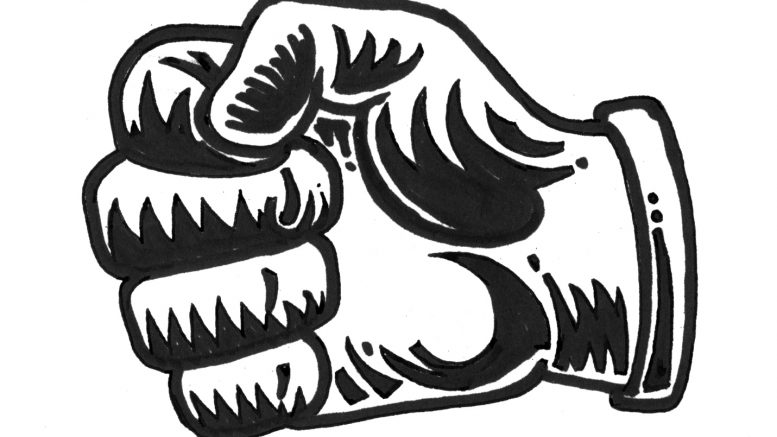Authoritarian leaders have rarely abolished liberal democracy overnight. Rather, they slowly but steadily chip away at its liberal foundations first, and its electoral foundations later.
By Cas Mudde
The Guardian (12/15/18)
Democracy is in crisis and, for some, ignorance is to blame. Take the slogan of one major American newspaper: “Democracy dies in darkness.” It represents a simplistic answer to the rise of authoritarian and populist forces around the globe. The reason for its popularity is, undoubtedly, its appeal to an Enlightenment logic, in which knowledge means power and progress. Hence, the argument goes, if people would only know how bad politicians like Donald Trump are, they will turn away from them, and democracy is saved.
There is no doubt that transparency is vital for liberal democracy to flourish, but that does not mean that it creates liberal democracy, nor that its absence kills liberal democracy – as centuries of national, and decades of European, democratic rule show. The problem of this idea is that it is based on a broad range of false assumptions, most notably that just shining light will lead to enlightenment.
Democracies can as easily die in the spotlight as in darkness. Media that simply “report the news”, rather than analyze it, miss trends, and only see the real threat when it is too late.
In reality, few democracies have died in darkness. Even the paradigmatic case of Weimar Germany, in which Adolf Hitler came to power by democratic means to subsequently abolish democracy and throw the world into the most deadly abyss in history, did not happen in “darkness”. Everyone knew, or should have known, what Hitler stood for. His bestseller Mein Kampf (My Struggle), which he wrote in prison after a failed coup d’état, might have been badly written, but it repeated his antisemitic and antidemocratic ideas ad nauseam. And he dismantled the democratic system while independent media were still alive and kicking.
More recently, authoritarian leaders have rarely abolished liberal democracy overnight. Rather, they slowly but steadily chip away at its liberal foundations first, and its electoral foundations later. From Recep Tayyip Erdoğan to Vladimir Putin, and from Niclás Maduro to Viktor Orbán, liberal democracies are carefully and often cautiously dismantled, piece by piece, in the spotlight of, at least initially, a relatively free and independent media. These leaders openly express their authoritarian impulses, their disdain for (the) opposition, and their intent to fundamentally change the political system. …
*****
How The ‘Truth Sandwich’ Can Put News In The Needed Context
By Mark L. Taylor
The Commoner Call (1/3/19)
As Donald Trump’s rise to power has illustrated, merely reporting a politician’s lies is no enough. In fact simply repeating the lie in headlines and news broadcast introductions and summaries actually reinforces the lie. As neurolinguist George Lakeoff explains in the linked Frame Lab podcast below, bracketing — or ‘sandwiching’ — a lie with truthful facts/context can undue the lie’s impact. It is a simple yet effective method of blunting the effectiveness of liying leaders likeTrump.
If you know anyone in the media or activists working in messaging on news letters or websites, forward this link onto them.
Link to 29-Minute Frame Lab: Episode 14
*****
Truth: Why It Is Easier To Fool Someone Than To Convince Them They Have Been Fooled
By Sandra Kanthal
The Why Factor / BBC (11/19/18)
Every day we’re bombarded with information and, with each new story or alternative fact, we have to decide what we believe to be true.
But some of the mental short cuts we take to sift through this material allow us to be deceived: past experiences, political beliefs and laziness can all cloud our judgment. In this episode of The Why Factor, Sandra Kanthal explores why truth can be elusive. We’ll meet a woman who discovered her husband had been lying to her for 15 years, and fought through her pain to find the truth. We talk with one psychologist who argues that critical thinking skills can be weaponised to encourage a person to believe in conspiracy theories; and to someone who, through extensive research, is convinced the earth is flat.
People shape their identities around their notion of truth. This may go some way to explain why it is easier to fool someone than to convince them they have been fooled.
Link to Story and 23-Minute Audio


